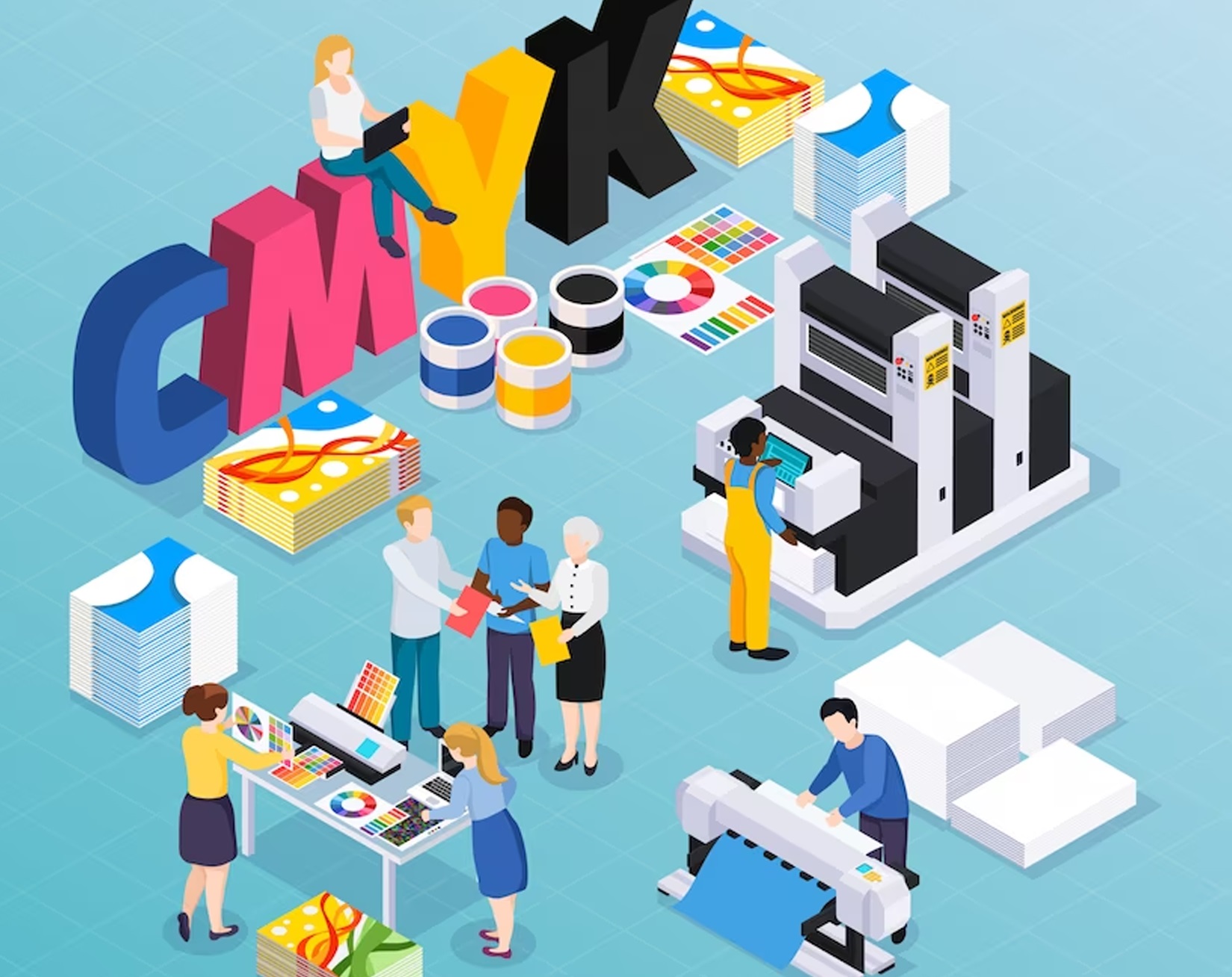Last Updated: November 8, 2021
We at Go2Paper are committed to protecting your privacy. This Privacy Policy discloses the privacy practices regarding the collection, use and disclosure of the information we receive through our websites: Go2Paper, PaperManager, and PrintMediaManager (the "Sites"). By using the Sites, you consent to the data collection and use practices described below. If we decide to make any material changes to our policy, we will publish a notice on the Sites that the policy has been changed and post those changes on this page. Continued use by you of the Sites constitutes your agreement to be bound by and subjected to this Privacy Policy.
Information We Collect
Go2Paper requires that all Members register before they may use the Sites. During the course of this registration process, Go2Paper collects personal identification information and other user data.
Members provide personal identification information such as legal name, company name, address, telephone number, fax number, e-mail address and a user created ID and password. In addition, Go2Paper may collect billing account information, which includes billing related contact information. Members participating on the Sites by way of buying or selling products, Go2Paper may collect this information and associate it with personal identification information to construct personalized user pages detailing a user's transaction activity
How We Use the Information We Collect
Go2Paper collects this information in order to assess an applicant's registration request, to communicate with the Member, and to bill the Member for Fees, if applicable, associated with use of the Sites. Other unique identifiers are collected to verify the identity of a Member or its Designated Employee, and to create account numbers in our record system. More specifically, after a buyer and seller mutually agree upon a transaction, if necessary, Go2Paper will disclose the parties personal identification information (i.e., name, address, e-mail address, and phone number) for the purpose of allowing the parties to contact each other directly to finalize any arrangements regarding the transaction. Obviously, when consummating the transaction the buyer and seller may share additional personal identification and other information. The sharing of this information, however, is between the parties to the transaction, is not subject to this privacy policy, and Go2Paper has no involvement or bears no responsibility for any information provided in that process.
All personal identification information beyond name, address, email address, and phone number will be used solely for Go2Paper internal purposes. These internal purposes include contacting sellers regarding their postings or bids received and notifying both buyers and sellers of other relevant operational activity related to the Sites. We may use aggregated information in the form of statistics for marketing, or other purposes, but that information would not include personally identifying information.
We use the information you provide to market and promote the services provided on the Sites. For example, we use the information, like your email, physical address, or phone number to share information about our current or new services to you which we think may be of interest to you.
We use your information to provide customer or technical support with use of our Sites. We may also use your email or phone number to contact you regarding known technical issues or to solicit information from you regarding new features or other ways to improve our services.
Go2Paper considers all information collected on the Sites to be a business asset. In the event that Go2Paper or substantially all of its assets are acquired, such information will be one of the transferred business assets. Go2Paper may also release personal identification information, billing account information, or any other user information when appropriate to comply with the law; or to protect the rights, property, or safety of Go2Paper, its registered users, or other third parties.
Security
Protecting your information is important to us. To that end, we have implemented Secure Sockets Layer ("SSL") encryption software on the websites, which allows 128-bit encryption of all credit card data. Go2Paper also relies on a Member Name and Password system.
Cookies
Go2Paper uses "cookies" on its Sites. Among the reasons we use cookies, cookies enable you move around the Sites without having enter your password as frequently. Cookies are files that are stored by your browser on your computer's hard drive that contain information about your visits to our Sites. Our cookies do not contain any personal identification information and we do not associate with your personal identification information any information collected through the cookies.
You can set your browser to limit or let you know about cookies that a Web Site places on your computer. If you set your browser to reject a cookie, some features of our Sites may not work for you.
Linked Websites
When using the Sites, you may be using a third-party website operated by one of Go2Paper's business partners, suppliers or advertisers. Please be aware that this privacy statement governs only Go2Paper's use of the information that you provide to us. If you disclose, or consent to the disclosure of, personal information to a business partner or third party, you will be subject to that entity's privacy policies and practices. Go2Paper is not responsible for the information practices of such business partners or third parties.
Contact
If you have any questions regarding Go2Paper's Privacy Policy please send an email to
info@go2paper.com.
